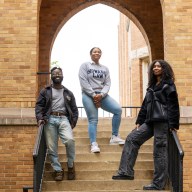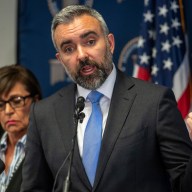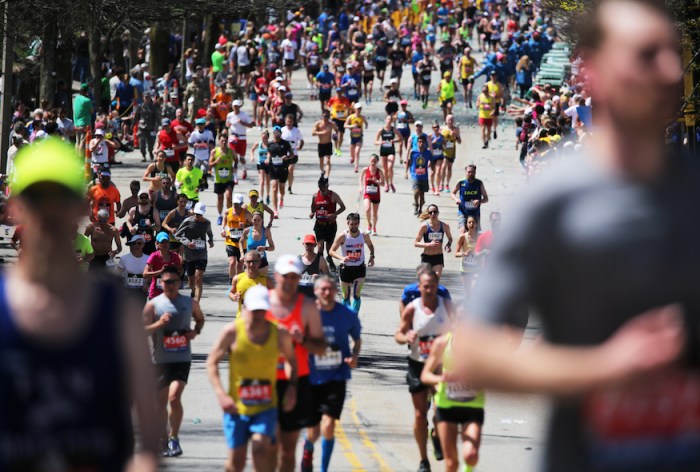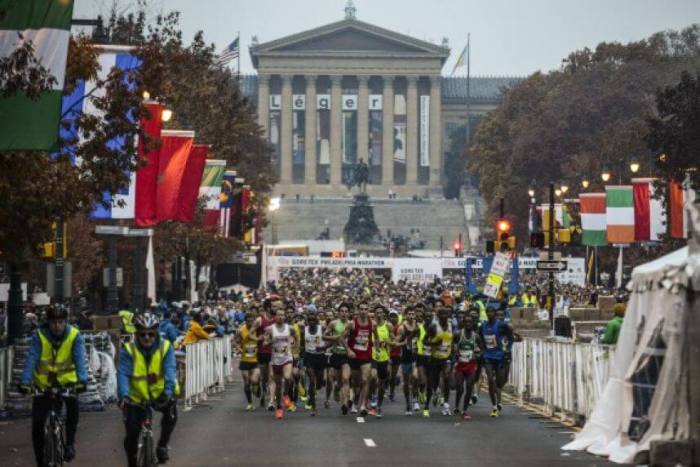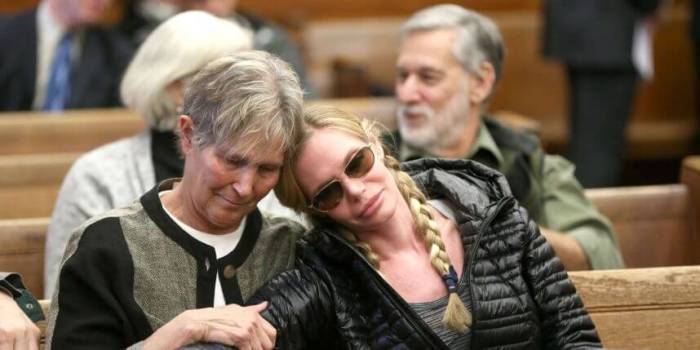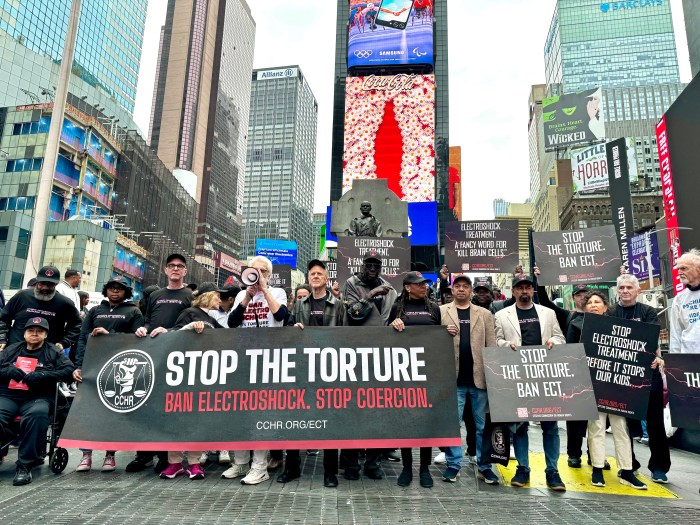A year ago, Ana Febres-Cordero could barely get herself out of bed.
The Concord native was struggling with depression and anxiety, and was so desperate that in the fall of her freshman year at Dickinson College, she tried to end her life.
But her friends were able to intervene, and took Febres-Cordero to the school’s wellness center. The road to stability and happiness would be a long one, but would lead her on a new path. Now 20 and on firmer ground, Febres-Cordero is gearing up to run the Boston Marathon on April 17. The training has been intense, but nothing will compare to the emotion upon crossing the finish line, she said.
“It makes me think of mental illness as a marathon,” she said. “You’re ambitious to start, like you’re ambitious to get help … but you’re going to hit places where something hurts or you have to slow down. It’s a process.”
After her suicide attempt, Febres-Cordero felt ashamed about her struggle and thought others would see her as weak. Still uncertain about her place in life, she left school not long after and moved back home.
Weeks later, her uncle sent her a picture of posters on display at Logan Airport, a campaign by McLean Hospital called Deconstructing Stigma: A Change in Thought Can Change a Life.
It proved to be a “turning point,” Febres-Cordero said. The young woman realized “there’s no reason to be ashamed of something you’re going through. It’s called mental illness for a reason.”
As she got treatment, her father, Rafael, had an idea.
“Once I saw her in a better place, I asked if she was interested in running the marathon together,” he said. Her father is an avid runner — this will be his fourth Boston Marathon — and Ana took after him, having been passionate about running until her bad days eventually overwhelmed her.
“It was just an intuition,” her father said, referring to his idea. “I felt that maybe watching herself returning to training for something as tough as the Boston Marathon … that she would embrace it, and she did, and she has.”
His intuition was a good one, said Alan Fruzzetti, a child psychologist at McLean. Paying attention to physical and medical health are both important in order to improve overall mental health, he said.
“Sustained and regular exercise makes us more resilient to stressful events, increases well-being and decreases rates of various problems around depression, anxiety and other diagnoses,” Fruzetti said.
McLean had such an impact on Febres-Cordero that she decided to raise money to support the hospital’s Deconstructing Stigma campaign, and to use her own journey as an example to others. Unlike most of the Boston Marathon runners, those who raise money for charities don’t need a marathon-qualifying time. Ana didn’t have a specific fundraising goal, but has already been overwhelmed by the support, she said.
“Talking about my story isn’t just for those who are also suffering to realize, ‘This will help me,’” she said. It is also “to help people know someone who’s suffering, to educate themselves on the topic.”
Each year, about 38 percent of young people 15 to 24 years old have suicidal thoughts, urges or plans, Fruzzetti said. “This is by no means a small problem,” he added.
As a parent, Rafael Febres-Cordero knows this all too well. But he also knows firsthand how his daughter turned her struggle into a tool to help herself and others.
“The marathon has so many elements … I think Ana will see a lot of the accolades and parallels to all the challenges associated with mental illness,” he said. “It provides a great experience and reflection. And she’s doing it for a great cause.”
Though this is Ana’s first marathon, she’s been able to outpace her veteran runner dad during training. They’ll stick by each other during the real race, though, since he stuck by her throughout her struggle. She wasn’t alone, and she wants anyone who may have suicidal thoughts to know that they aren’t, either.
“I’ve had people open up to me to say they’re suffering [too], asking questions … I want to make an impact with my story to make them know there’s nothing to be ashamed about, there’s no problem getting help,” she said. “Although it feels like you don’t see the light at the end of the tunnel, it really is there.”






